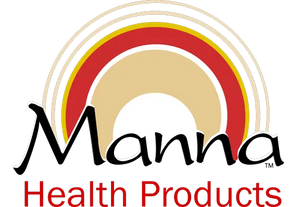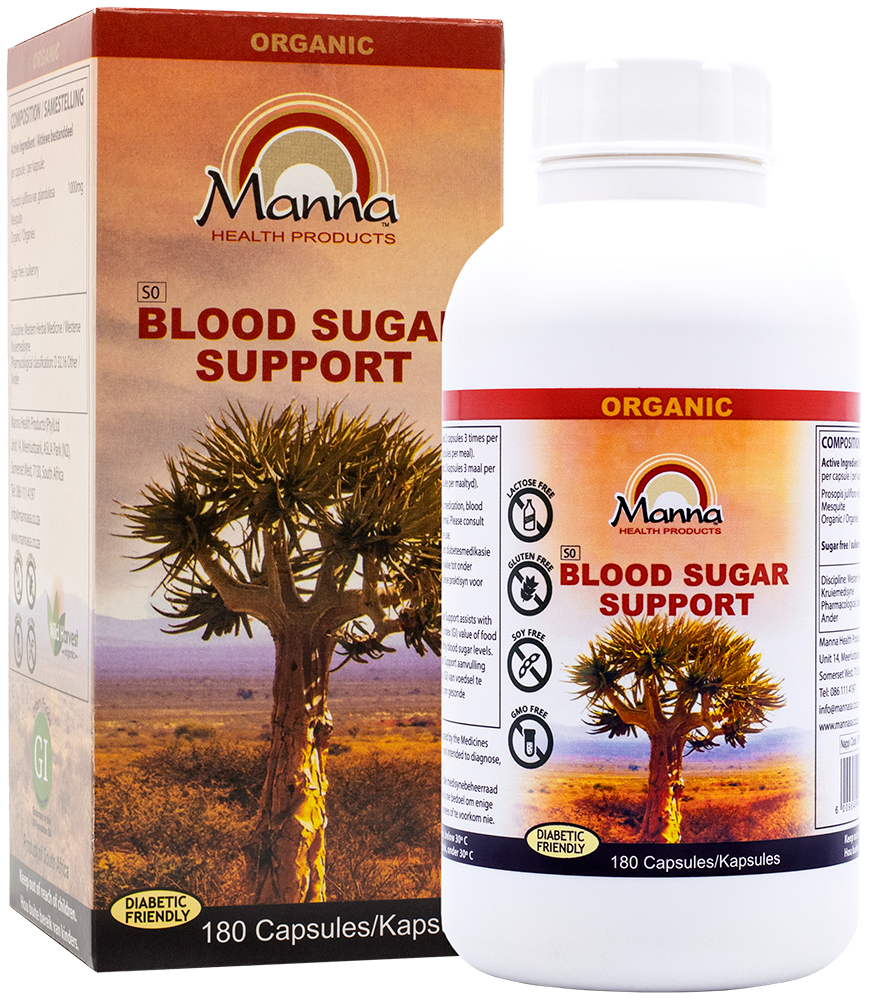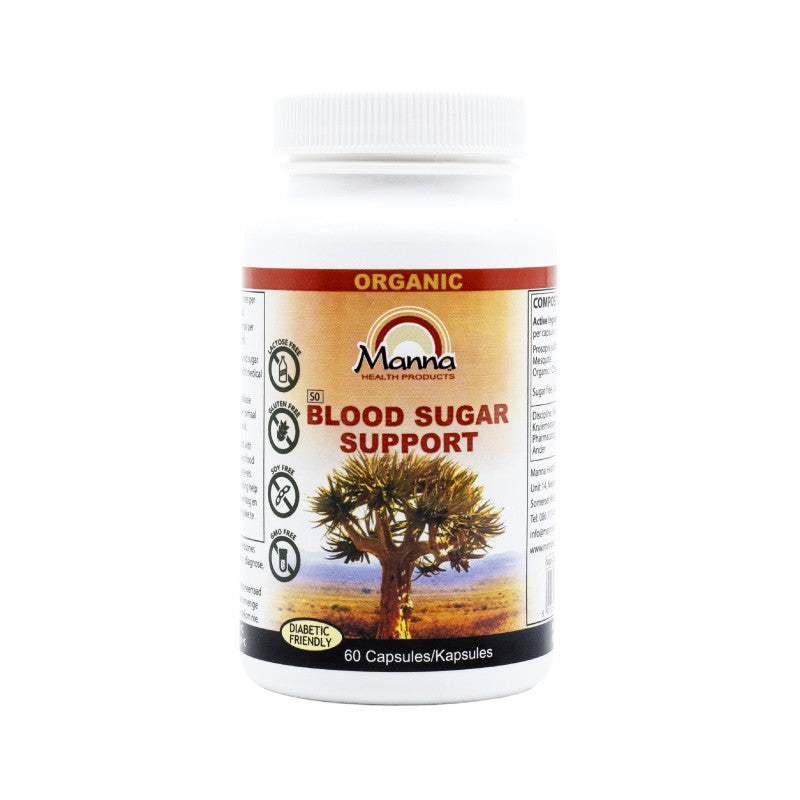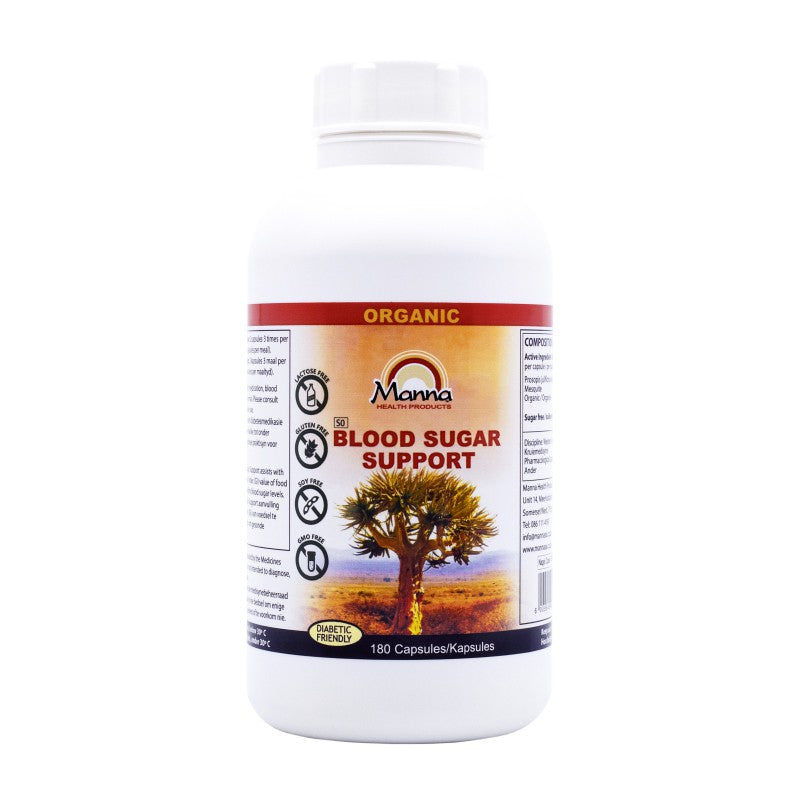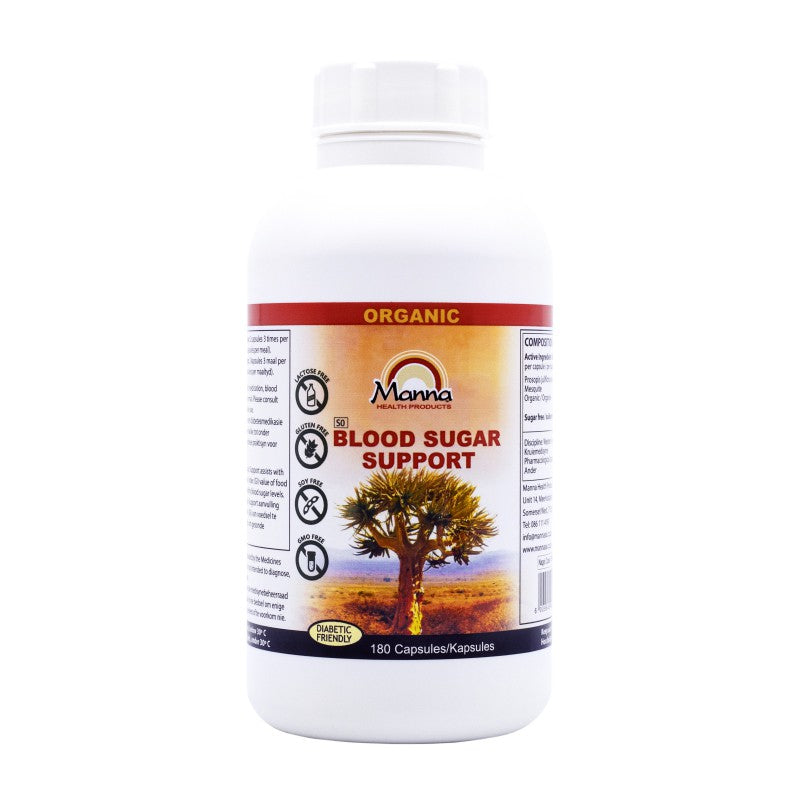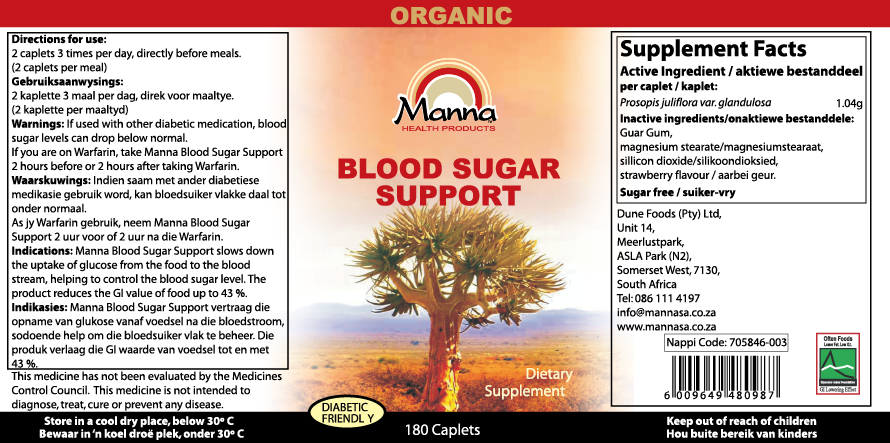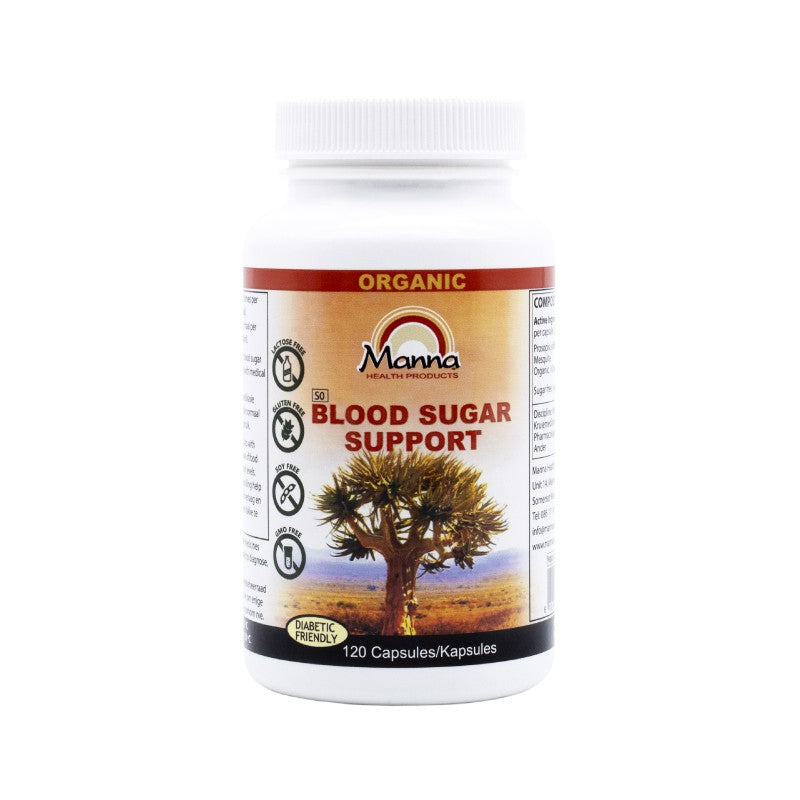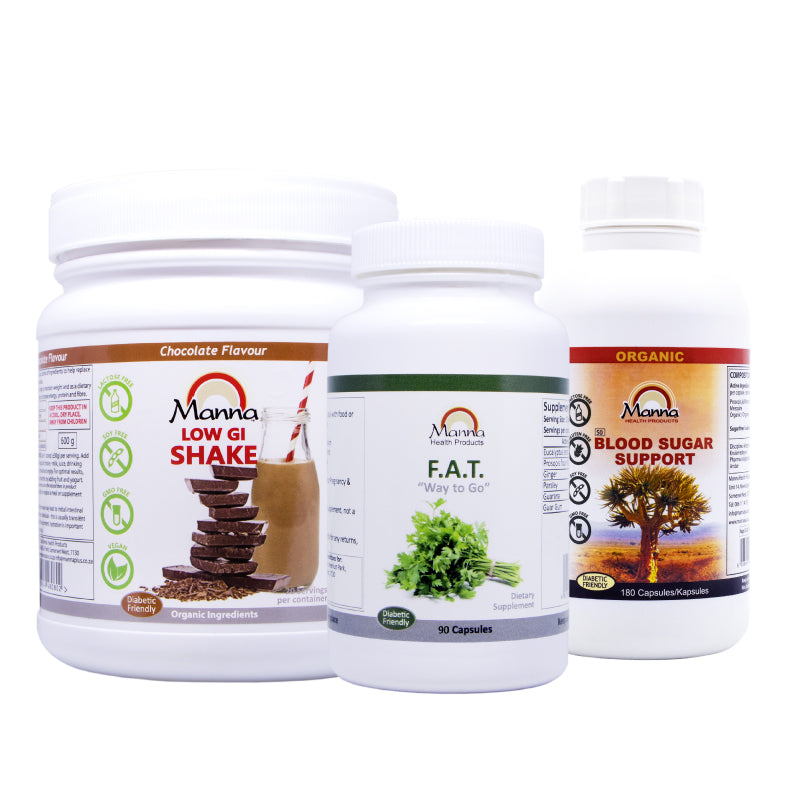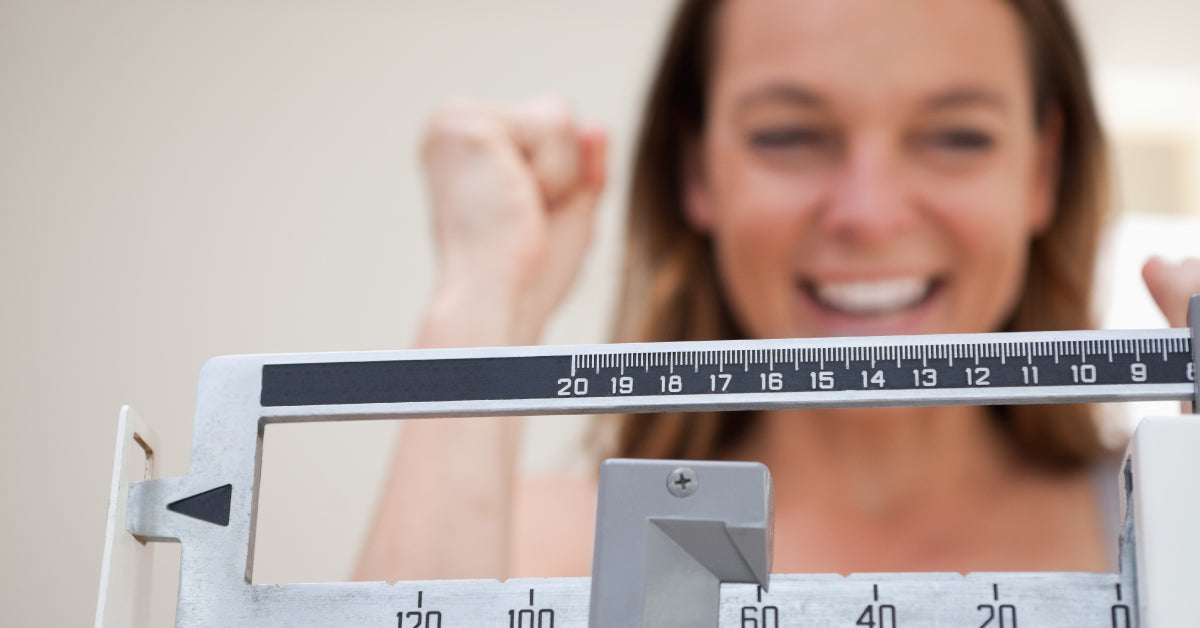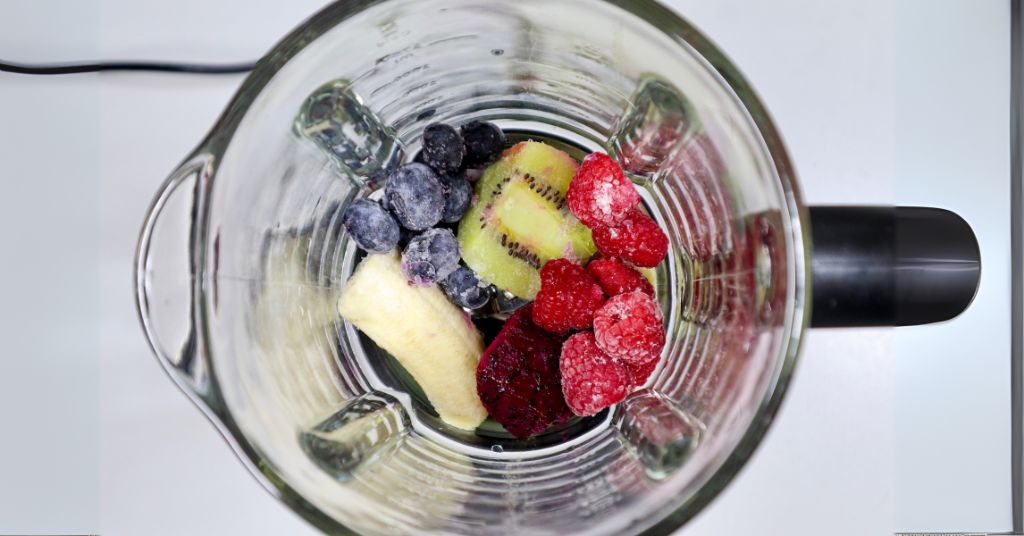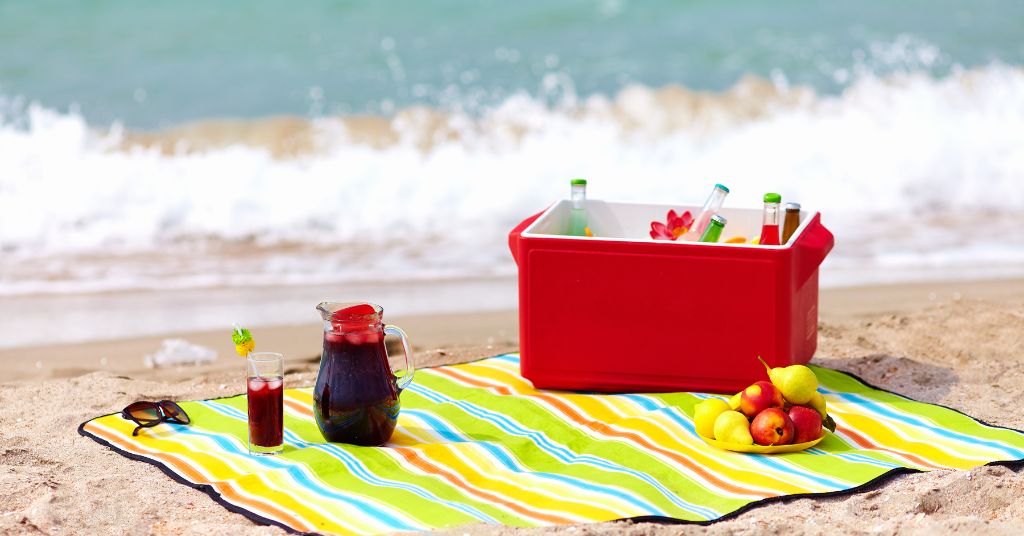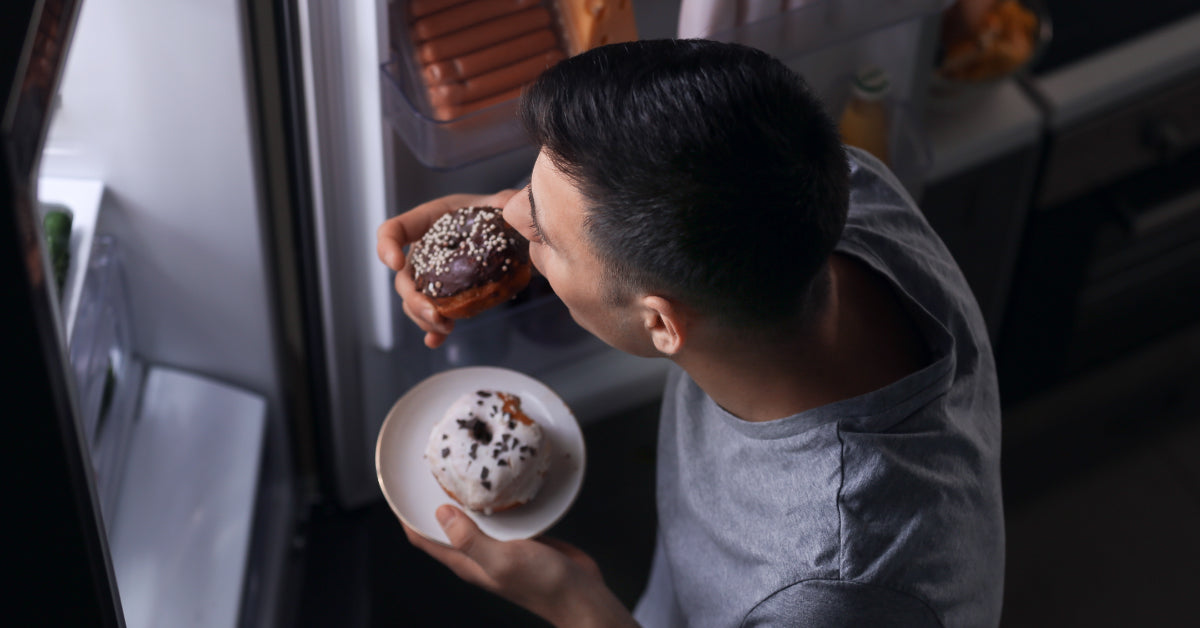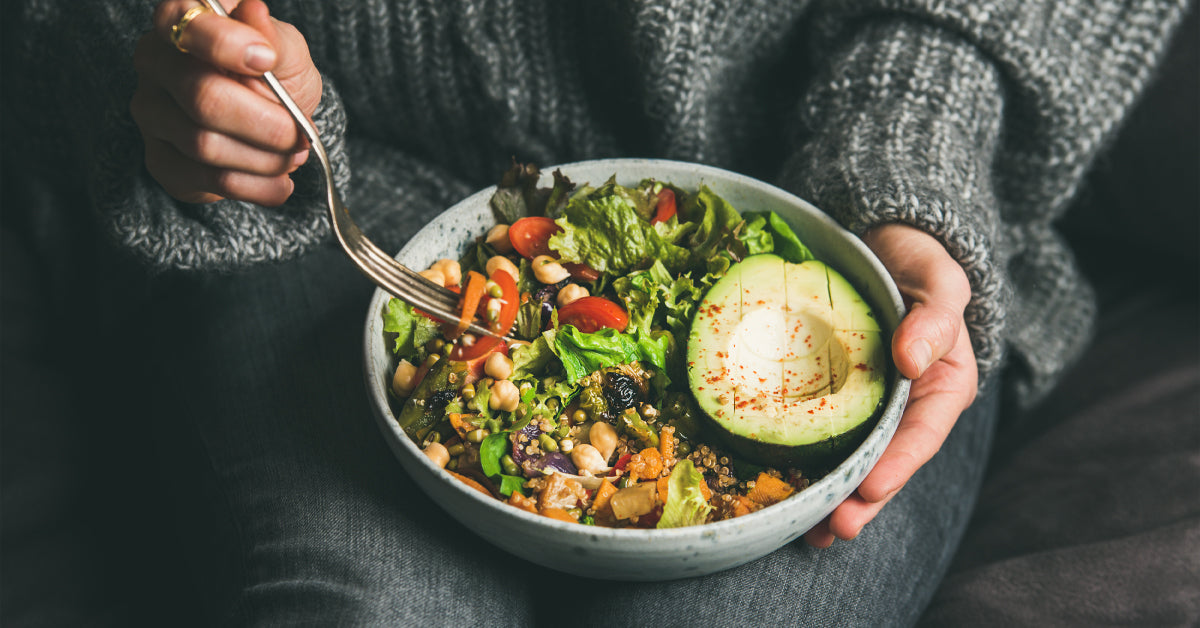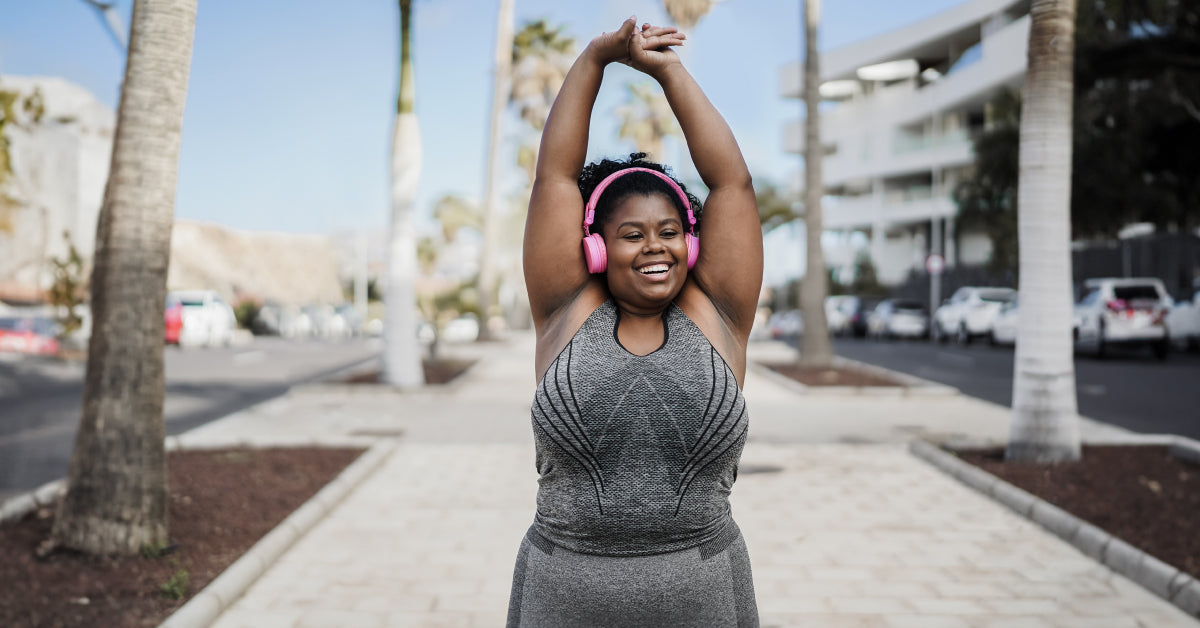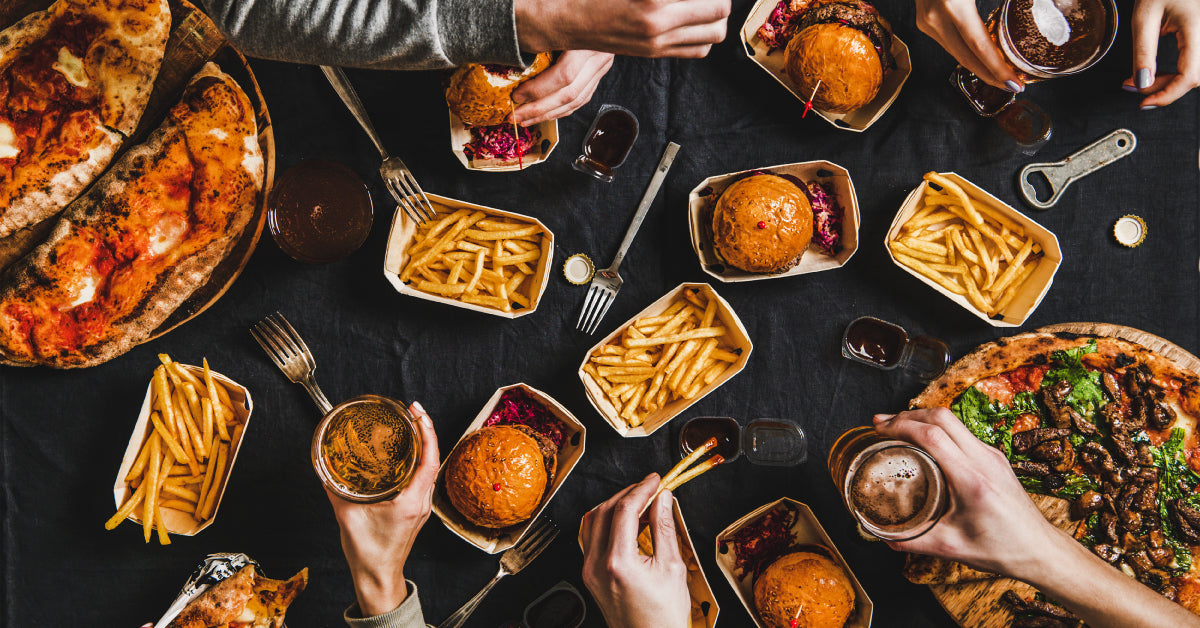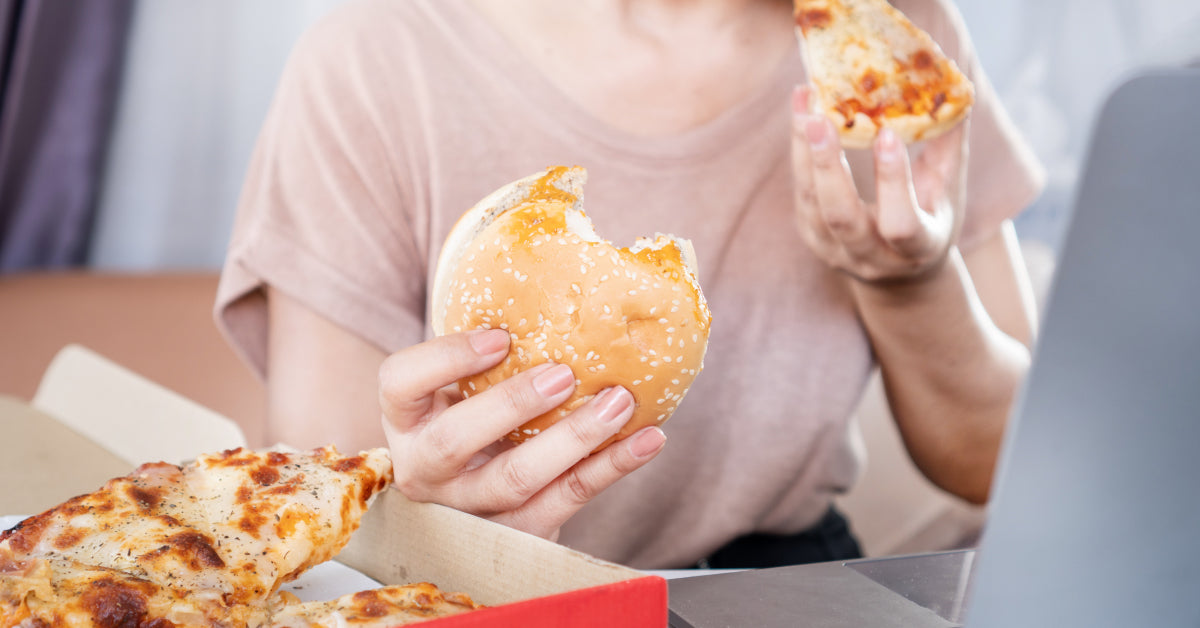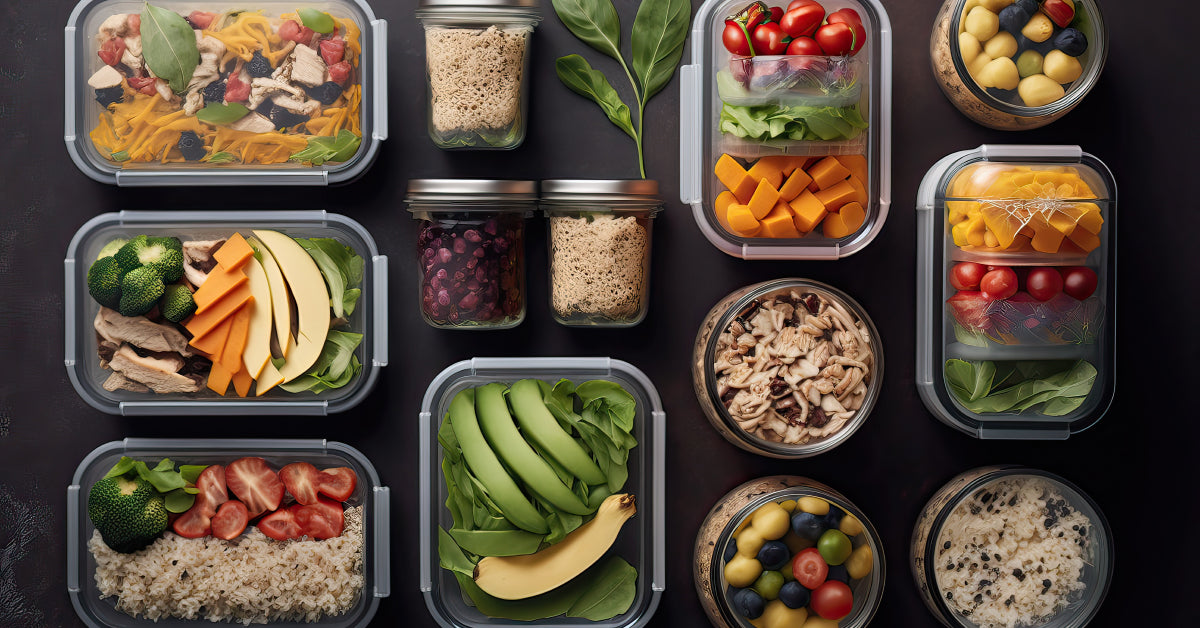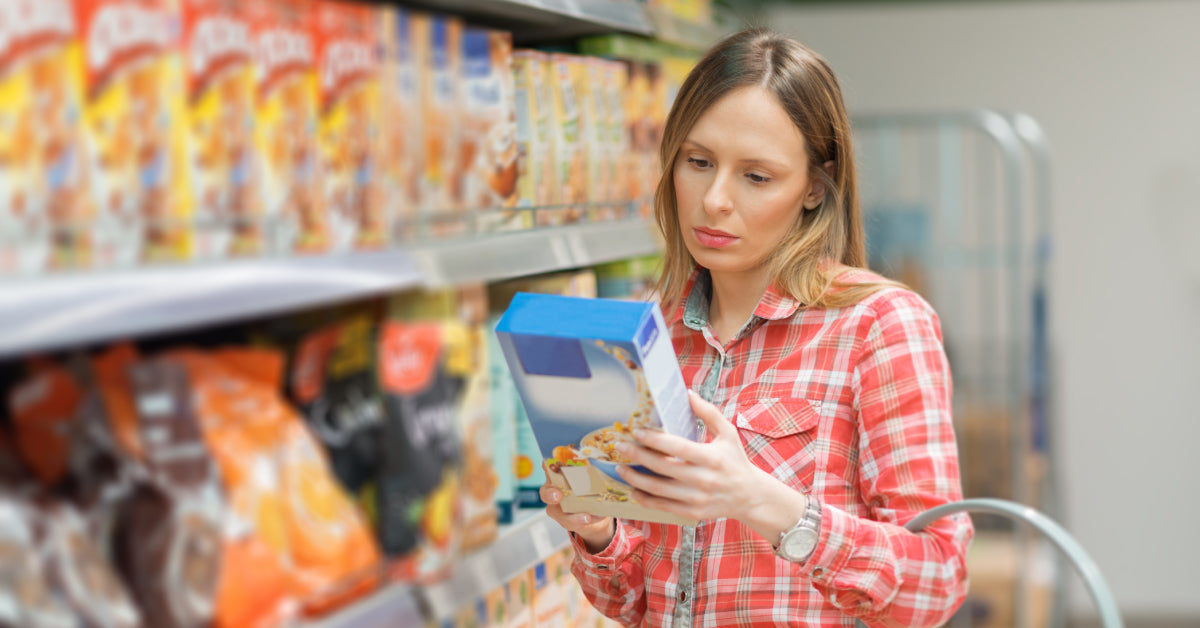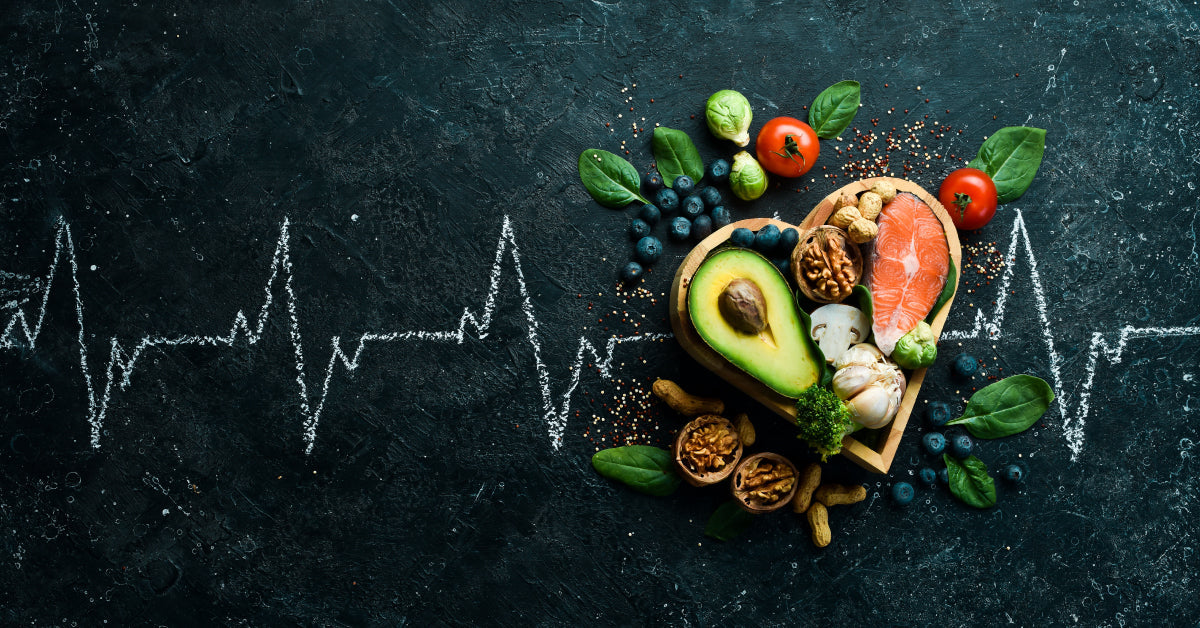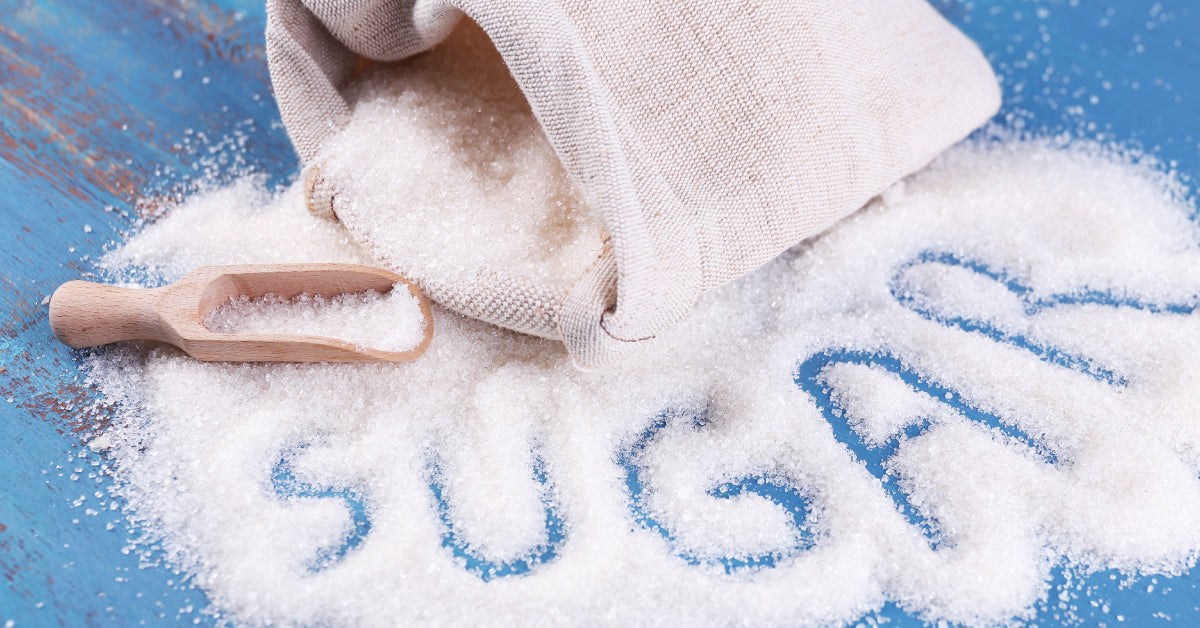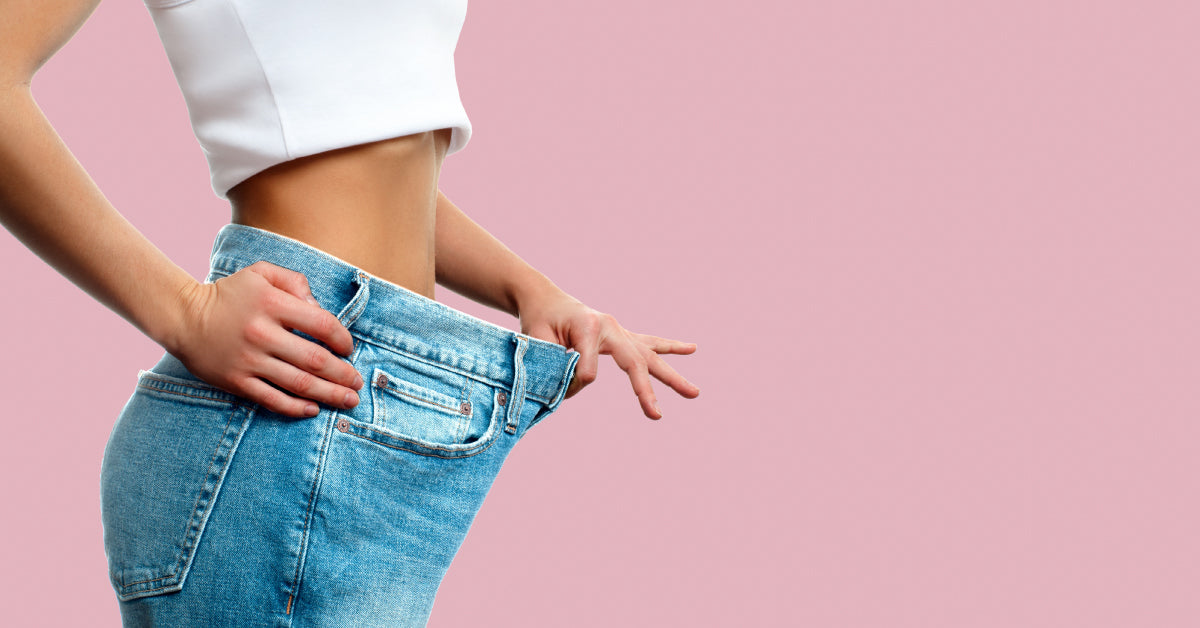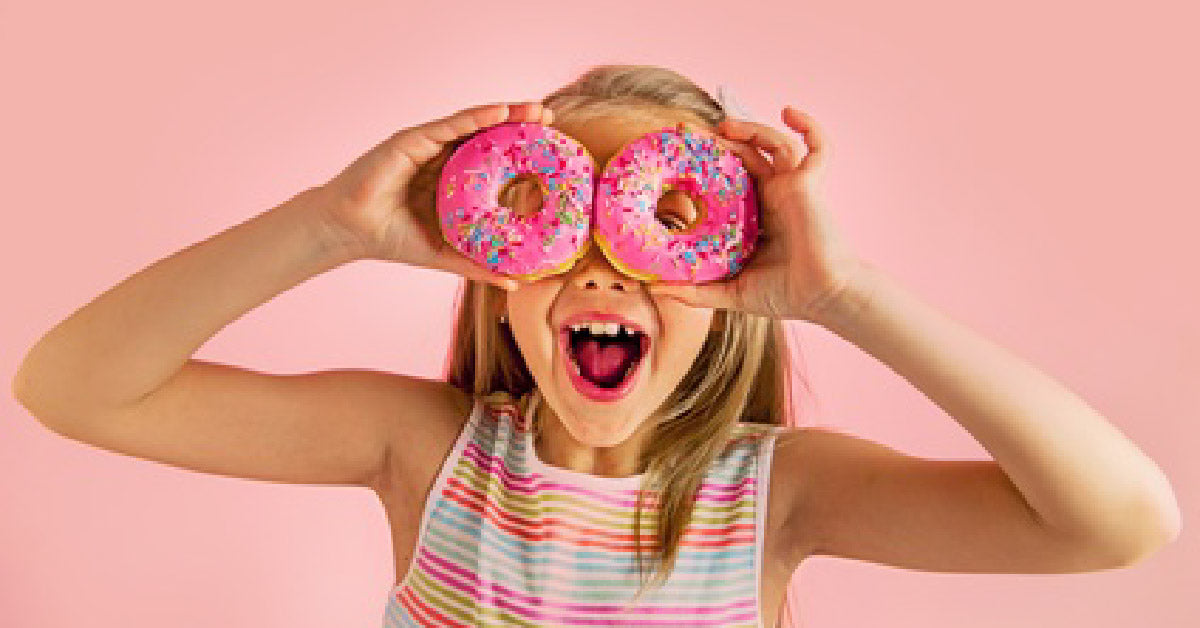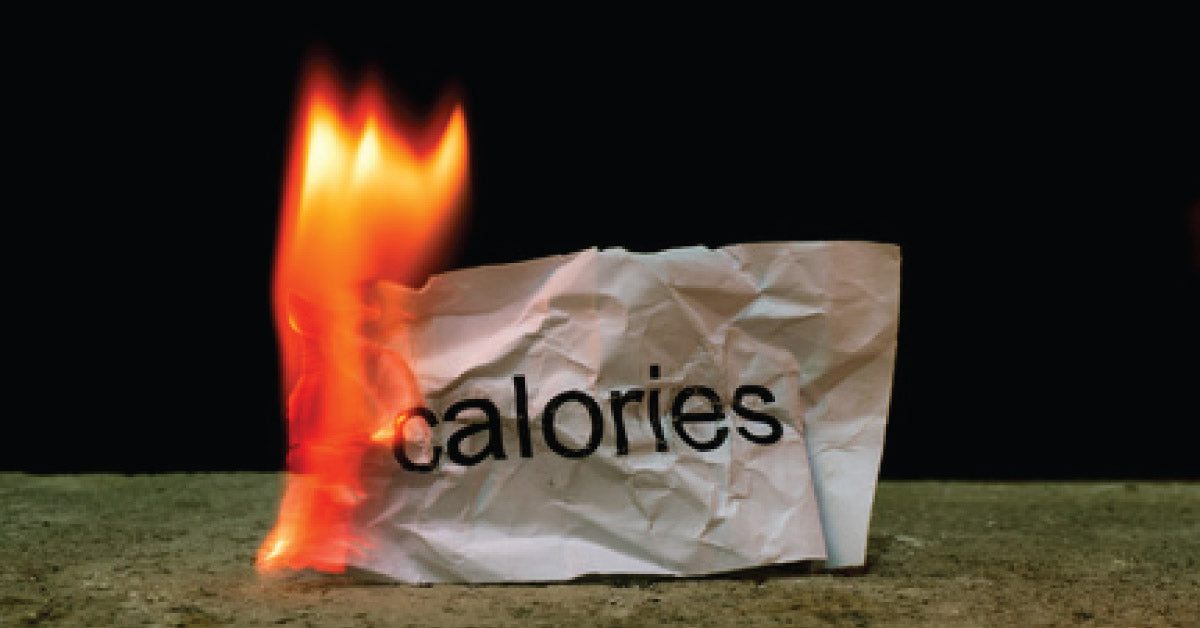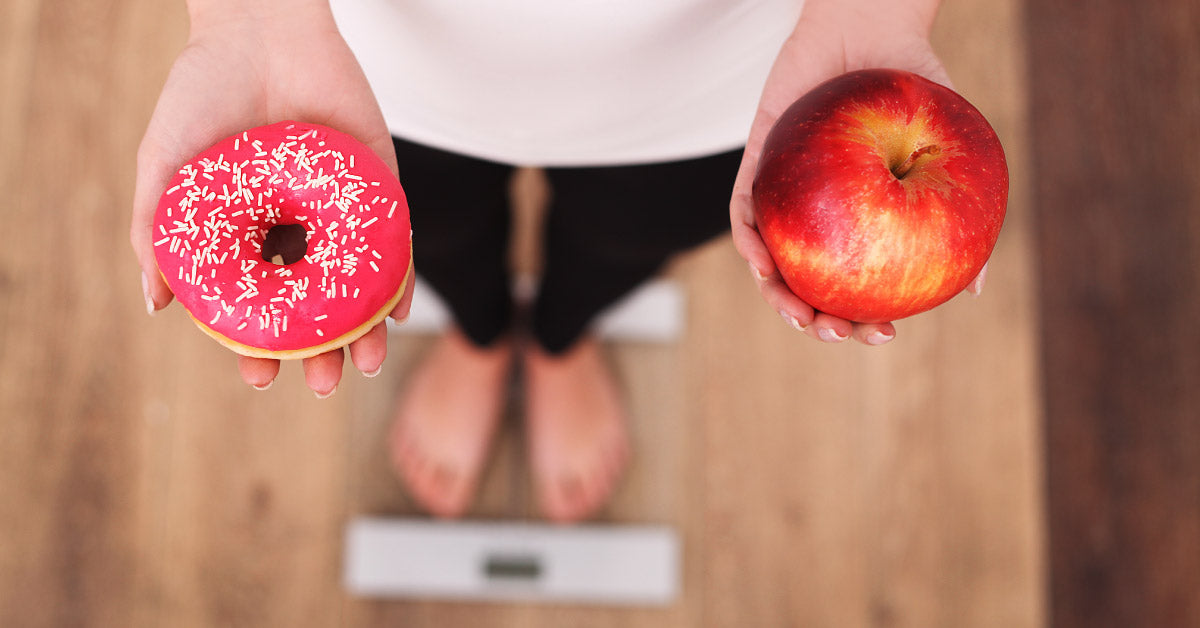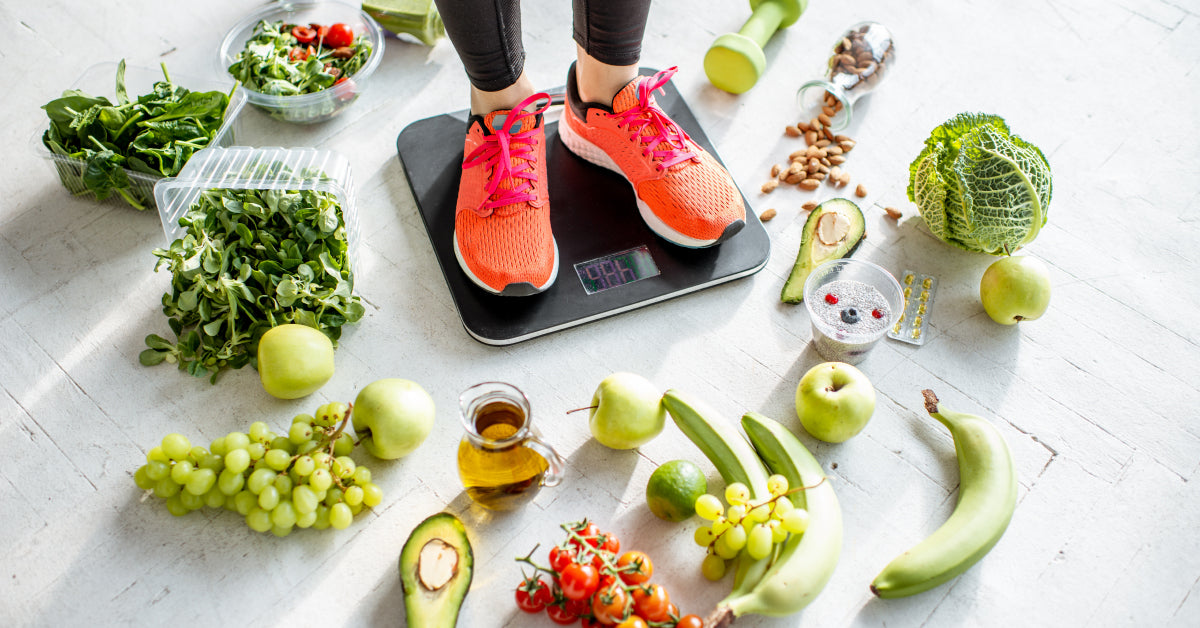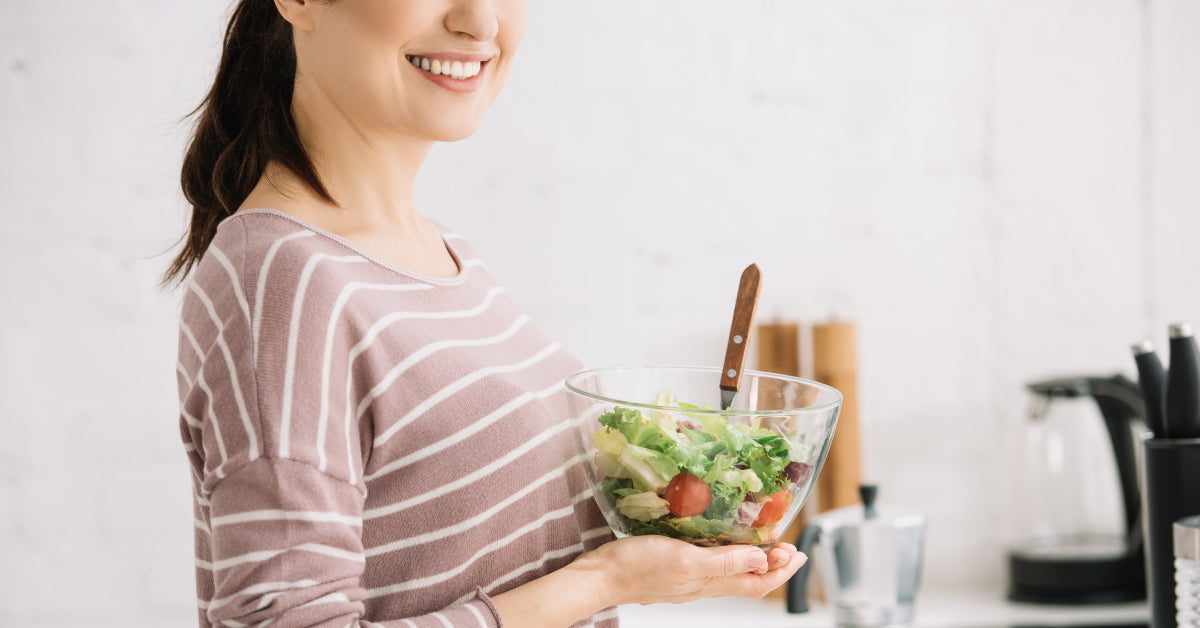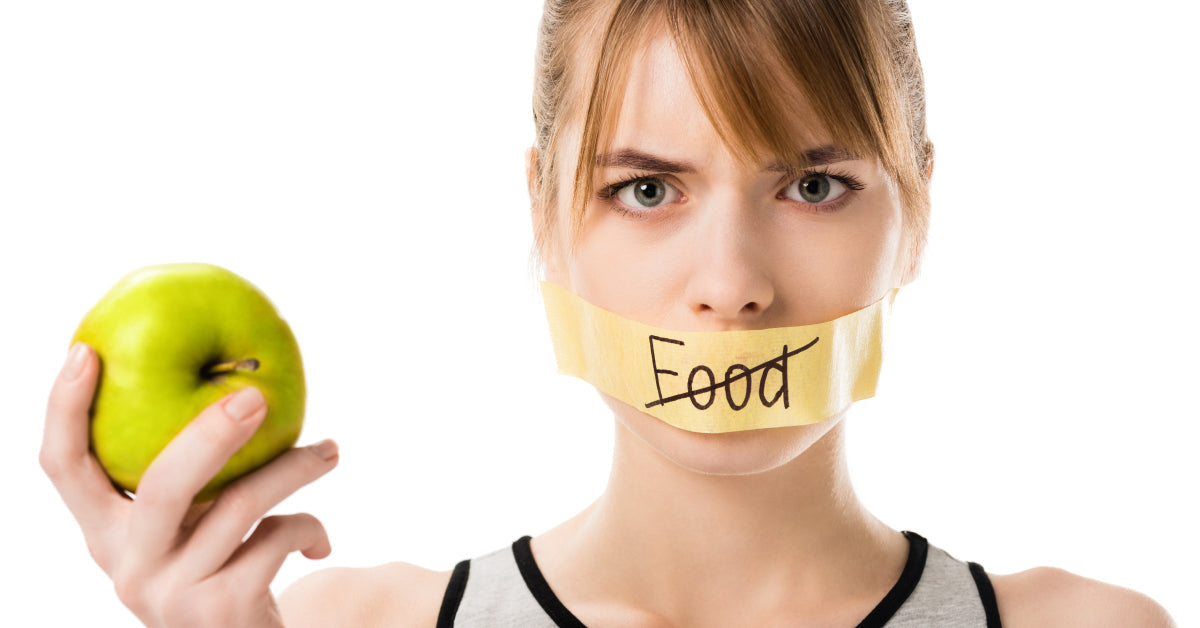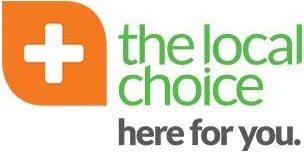There are many foods seen as "healthy," but actually aren’t.
These so-called “healthy” foods often contain hidden sugars or lack the promised nutrition.
Marketing and incomplete labeling are common reasons why people believe some foods are healthy. But it’s worth taking a closer look to make more informed choices.
Here are the top 10 foods that seem healthy but really aren’t:
-
Cereal Breakfasts
Many nutrients are destroyed during processing, and the products are then “fortified” with synthetic vitamins. Worse, they’re often loaded with sugar to improve taste.
-
Skim or Low-Fat Milk
They contain fewer calories, but also lack healthy fats that help you feel full, improve metabolism, and aid nutrient absorption. Skim milk also lacks fat-soluble vitamins like A, D, E, and K.
-
Protein Bars
Many are no better than candy bars—filled with sugar, trans fats, and artificial sweeteners. Read labels carefully before choosing one.
-
Sports Drinks
Though aimed at athletes and containing electrolytes, they’re often packed with sugar and calories—sometimes more than soft drinks.
-
Whole Grain Bread
Many brands labeled as “whole grain” still use mostly refined white flour. True whole grain bread is usually fresh-baked, costs more, and doesn’t last as long on shelves.
-
Egg White Products
Egg yolks are nutritious and help with satiety and metabolism. The cholesterol they contain doesn’t strongly affect blood cholesterol in most people.
-
Fruit Juice
Fruit is healthy when eaten whole. Juice strips away the fiber and concentrates the sugar—store-bought juices often include added sugars and preservatives.
-
Fat-Free Foods
These often contain added sugar or trans fats to maintain taste and texture. Sugar, not fat, is usually the real issue behind weight gain and metabolic problems.
-
Most Yogurts
Low-fat and fat-free yogurts often have lots of sugar or artificial sweeteners, which can destabilize blood sugar levels.
-
Dried Fruit
Although slightly better than candy, dried fruit is high in sugar and calories and often contains preservatives. Per gram, it’s far more calorie-dense than fresh fruit.
Why are these "healthy" foods actually harmful?
Most of them spike your blood sugar, triggering insulin spikes. Over time, this can lead to weight gain, insulin resistance, kidney strain, heart issues, and diabetes.
The best way to manage blood sugar is with simple lifestyle changes, including:
Diet:
Start by reducing daily calorie intake with smaller portions and healthier food swaps. Follow a healthy plan like the one in the FREE Manna Diet e-book.
Exercise:
Diet alone isn’t enough. Aim for at least 30 minutes of activity per day, 5 days a week. Make it fun—go for a hike or power walk along the beach.
Sleep:
Good sleep is underrated. Even one night of poor sleep can negatively affect your weight loss efforts.
Manna Blood Sugar Support:
This natural supplement helps manage insulin resistance by stabilizing blood sugar levels.
What is Manna Blood Sugar Support?
Manna Blood Sugar Support is a natural supplement made from the pods of the Prosopis (Mesquite) tree. It has no harmful side effects like many chemical alternatives.
How does it work?
Manna Blood Sugar Support binds with food and slows the release of sugar into the bloodstream. This prevents sudden spikes in blood sugar, reducing the need for a large insulin response from the pancreas.
To make the most of this effect, avoid eating foods that spike your blood sugar and take Manna Blood Sugar Support tablets with meals to keep blood sugar stable.
